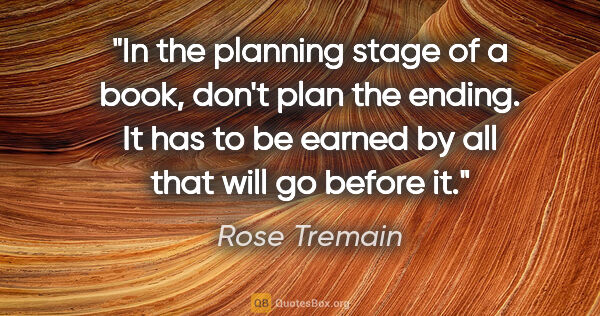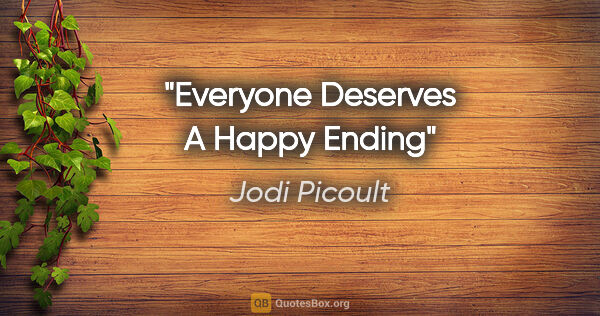Ending Quotes (page 222)
I see that I've become a really bad correspondent. It's not that I don't think of you. You come into my thoughts often. But when you do it appears to me that I owe you a particularly grand letter. And so you end in the "warehouse of good intentions": "Can't do it now." "Then put it on hold." This is one's strategy for coping with old age, and with death--because one can't die with so many obligations in storage. Our clever species, so fertile and resourceful in denying its weaknesses.
Saul Bellow

'In a way, literature is true than life,' he said to himself. 'On paper, you say exactly and completely what you feel. How easy it is to break things off on paper! You hate, you shout, you kill, you commit suicide; you carry things to the very end. And that's why it's false. But it's damned satisfying. In life, you're constantly denying yourself, and others are always contradicting you. On paper, I make time stand still and I impose my convictions on the whole world; they become the only...
Simone de Beauvoir
I may never be happy, but tonight I am content. Nothing more than an empty house, the warm hazy weariness from a day spent setting strawberry runners in the sun, a glass of cool sweet milk, and a shallow dish of blueberries bathed in cream. When one is so tired at the end of a day one must sleep, and at the next dawn there are more strawberry runners to set, and so one goes on living, near the earth. At times like this I'd call myself a fool to ask for more...
Sylvia Plath
It would be a poor result of all our anguish and our wrestling if we won nothing but our old selves at the end of it--if we could return to the same blind loves, the same self-confident blame, the same light thoughts of human suffering, the same frivolous gossip over blighted human lives, the same feeble sense of the Unknown towards which we have sent forth irrepressible cries in our loneliness. Let us rather be thankful that our sorrow lives in us as an indestructable force, only changing...
George Eliot
The thing can never be separated from someone who perceives it; nor can it ever actually be in itself because its articulations are the very ones of our existence, and because it is posited at the end of a gaze or at the conclusion of a sensory exploration that invests it with humanity. To taking up or the achievement by us of an alien intention or inversely the accomplishment beyond our perceptual powers and as a coupling of our body wit the things.
Maurice Merleau-Ponty





